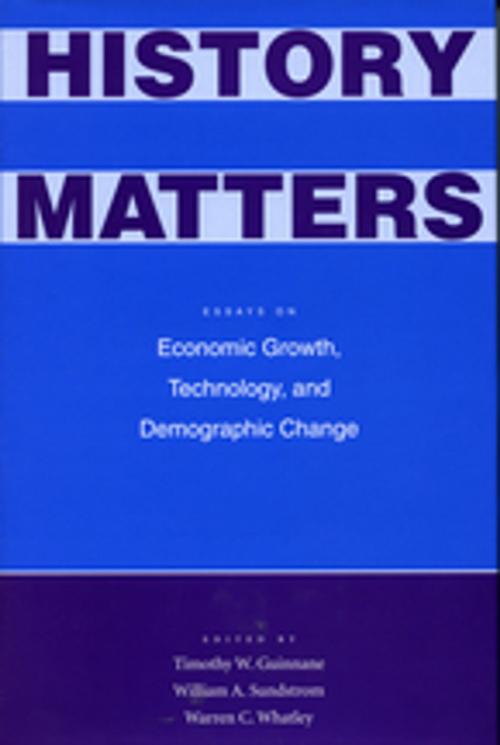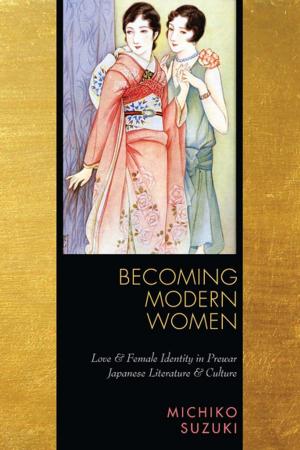A Frenchwoman's Imperial Story
Madame Luce in Nineteenth-Century Algeria
Nonfiction, History, Modern, 19th Century, France, Middle East| Author: | Rebecca Rogers | ISBN: | 9780804787246 |
| Publisher: | Stanford University Press | Publication: | January 16, 2013 |
| Imprint: | Stanford University Press | Language: | English |
| Author: | Rebecca Rogers |
| ISBN: | 9780804787246 |
| Publisher: | Stanford University Press |
| Publication: | January 16, 2013 |
| Imprint: | Stanford University Press |
| Language: | English |
Eugénie Luce was a French schoolteacher who fled her husband and abandoned her family, migrating to Algeria in the early 1830s. By the mid-1840s she had become a major figure in debates around educational policies, insisting that women were a critical dimension of the French effort to effect a fusion of the races. To aid this fusion, she founded the first French school for Muslim girls in Algiers in 1845, which thrived until authorities cut off her funding in 1861. At this point, she switched from teaching spelling, grammar, and sewing, to embroidery—an endeavor that attracted the attention of prominent British feminists and gave her school a celebrated reputation for generations. The portrait of this remarkable woman reveals the role of women and girls in the imperial projects of the time and sheds light on why they have disappeared from the historical record since then.
Eugénie Luce was a French schoolteacher who fled her husband and abandoned her family, migrating to Algeria in the early 1830s. By the mid-1840s she had become a major figure in debates around educational policies, insisting that women were a critical dimension of the French effort to effect a fusion of the races. To aid this fusion, she founded the first French school for Muslim girls in Algiers in 1845, which thrived until authorities cut off her funding in 1861. At this point, she switched from teaching spelling, grammar, and sewing, to embroidery—an endeavor that attracted the attention of prominent British feminists and gave her school a celebrated reputation for generations. The portrait of this remarkable woman reveals the role of women and girls in the imperial projects of the time and sheds light on why they have disappeared from the historical record since then.















